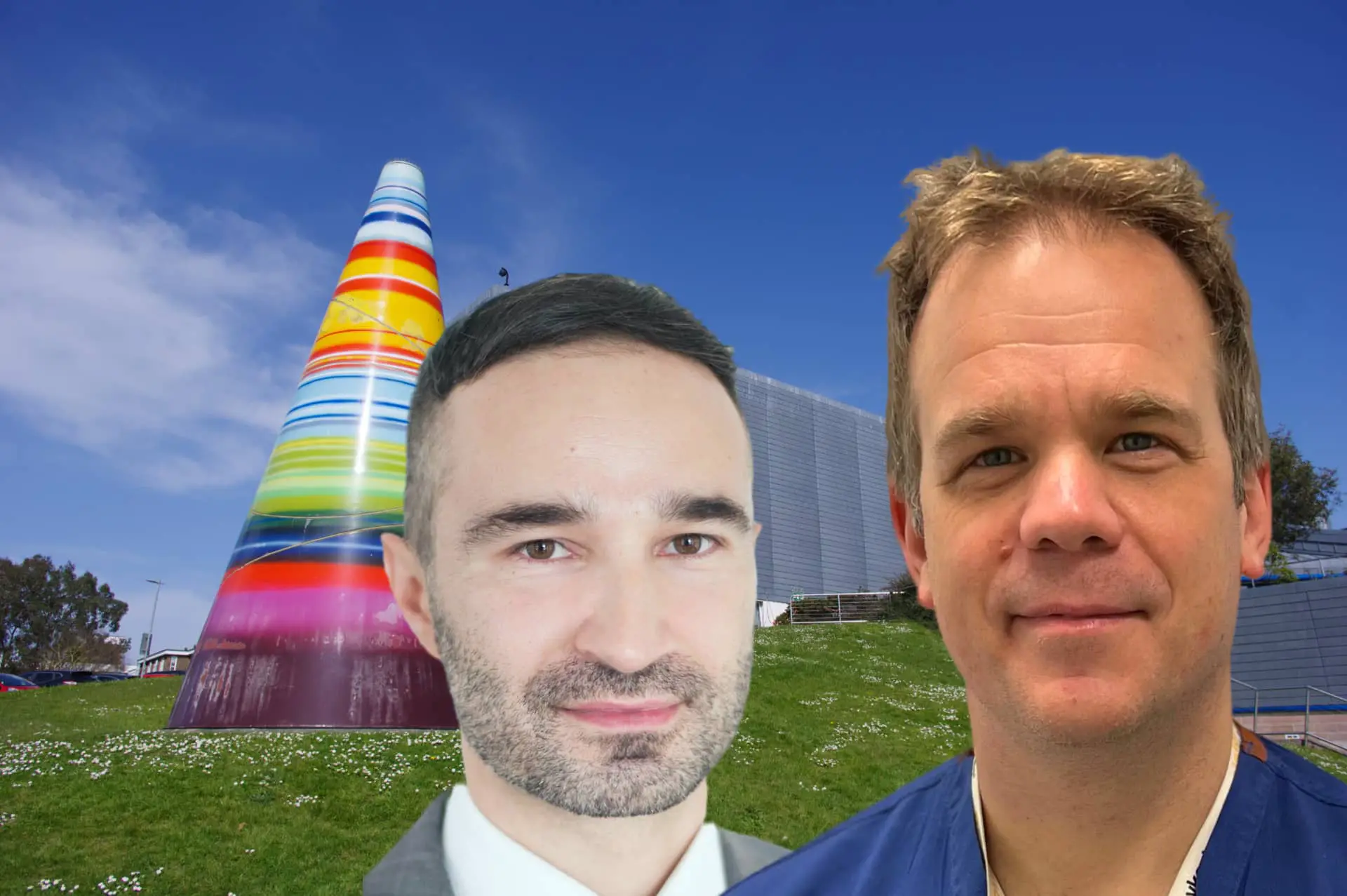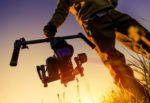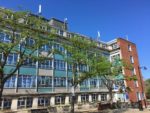Richard Harding (79), from Yarmouth was the first person who had a successful awake complex shoulder operation at the Isle of Wight NHS Trust which took place at the end of 2021.
During a routine CT scan it was discovered that Richard, who was being treated for cancer, had fractured his upper arm and without surgery his mobility and quality of life would have been significantly impacted.
Due to Richard’s underlying health conditions, surgery under a general anaesthetic was not an option as it would have posed a serious risk to Richards’s health. Transfer to a mainland hospital for surgery was also not feasible.
Kaminski: Richard’s quality of life depended on surgery going ahead
Anaesthetist Dr Maciej Kaminski said (pictured left),
“We knew that Richard’s quality of life depended on this surgery going ahead and without it he would have been reliant on a wheelchair and fully dependant on carers for the rest of his life.”
Despite the complexity of Richard’s circumstances, anaesthetist Dr Maciej Kaminski and surgeon Mr Daniel Gheorghiu (pictured right) worked together with Richard and collectively agreed to go ahead with the only option that would mean Richard would be anaesthetised using a combined nerve block and be awake during his surgery.
Specialises in regional anaesthesia techniques
Dr Maciej Kaminski, who has worked for the Trust for 18 months, specialises in regional anaesthesia techniques which block the pain transmission in nerves – also known as ‘nerve blocks – these techniques allow patients to be pain-free during the operation without the need for a general anaesthetic.
Patients may be fully awake or receive sedation – medication that will help them feel more relaxed and/or more sleepy during a procedure. Especially in limb surgery it can be the sole anaesthetic or be used as an adjunct pain relief.
Kaminski: There are multiple benefits to using this approach
Dr Maciej Kaminski said,
“There are multiple benefits to using this approach as there are a fewer side effects and it provides better pain relief. Patients will experience a quicker recovery time as they will have much less nausea, constipation, confusion and drowsiness post-surgery.
“Wide awake surgery is a well-established strategy in modern anaesthesia. What made this surgery so unique was the fact that it would normally be performed with a general anaesthetic alternative – contraindicated in this case.
“To overcome this, three different nerve blocks were combined and administered by the anaesthetic team (Dr Maciej Kaminski, Dr Andrea Leinenkugel, ODP Peter Wilkinson). This approach had 90 per cent chance of providing adequate anaesthesia.
“We collectively accepted a small risk of abandoning the surgery if blocks failed as we balanced it against unsuccessful outcome if we had cancelled the surgery outright.”
Gheorghiu: It takes careful multiprofessional planning
Surgeon Mr Daniel Gheorghiu said,
“From a surgical point of view the advantage is the ability to offer very sick patients the surgery they need to improve their quality of life, if a general anesthetic is contraindicated.
“The set up for surgery has to be modified to cater for a wide-awake patient. It takes careful multiprofessional planning and there needs to be trust between the patient, surgical, anaesthetic and theatre teams.”
Dr Maciej Kaminski said,
“After and during the surgery, which took around 3 hours, Richard was fully awake (he had been receiving mild relaxing medications) and within 15 minutes ready to go back to the ward. Patients recover much more quickly using this method and are usually up and about from surgery and able to eat and drink normally.”
Sadly passed away
Richard who was a full time priest in Devon before retiring on the Island ten years ago sadly passed away on Christmas Day after suffering with cancer.
Speaking to his family his wife and daughter praised the outcome of the surgery that Richard had as it enabled him to retain some independence and quality of life.
“He felt nothing during the procedure, he was amazed at how quickly his arm healed and how he was able to regain the use of his arm.
“He didn’t feel worried about being awake and there wasn’t really a question in his mind whether the surgery should go ahead or not.
“Without the surgery our father would have been in considerable pain and discomfort. By having the operation it gave him back an improved quality of life which was really important in his last few months.”
Gheorghiu: A fantastic positive development
Going forward our teams are looking to explore using this method with more patients due to the benefits it brings.
Mr Daniel Gheorghiu said,
“The ability to offer wide awake upper limb surgery at St Mary’s Hospital on the Isle of Wight is a fantastic positive development.
“We are currently exploring ways which could allow us to offer wide awake upper limb surgery routinely to all patients in the future.”
News shared by Isle of Wight NHS Trust, in their own words. Ed





